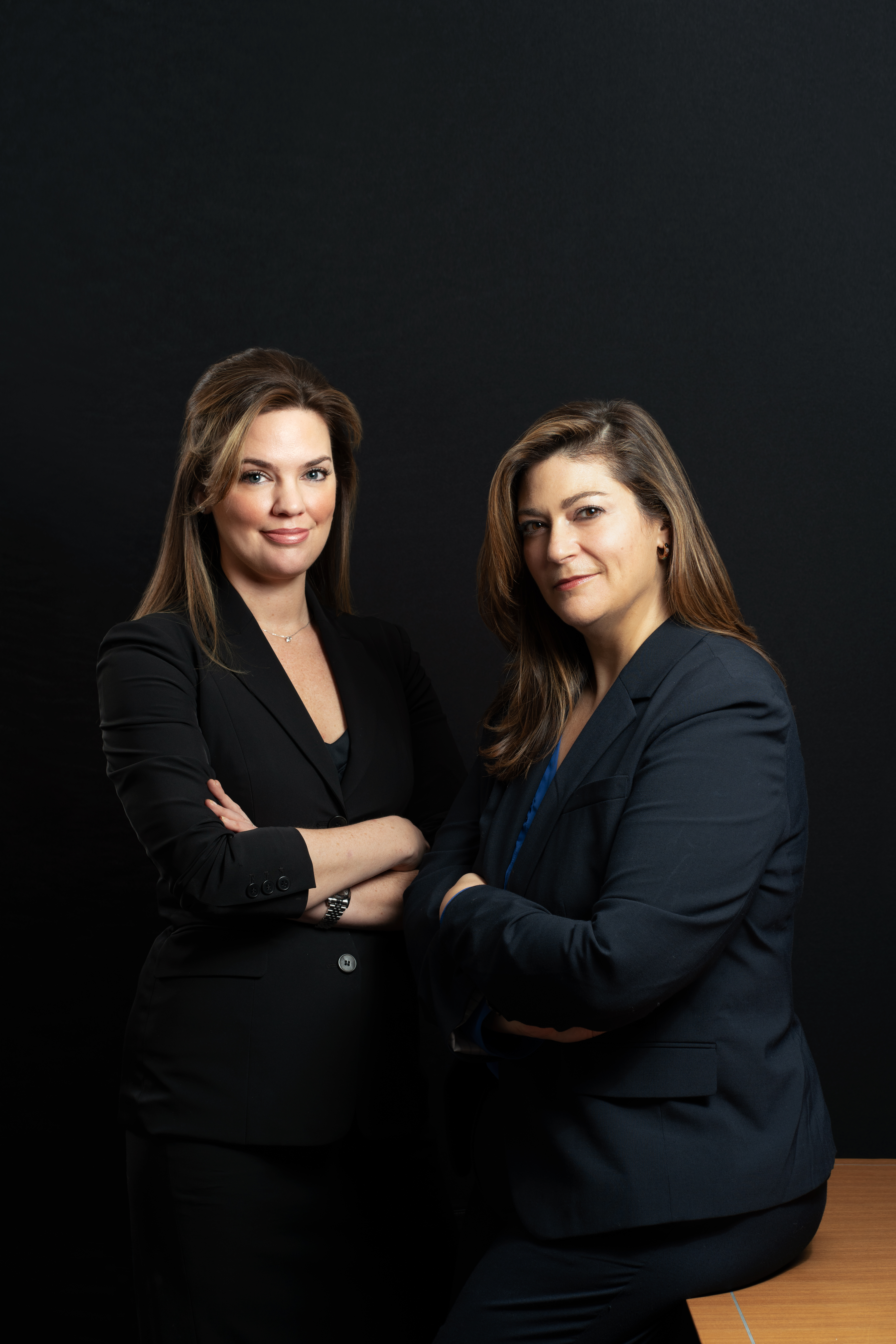Even without a pandemic and rising rates of infection, the holidays can be a stressful time especially for those who are co-parenting. Navigating family dynamics and hectic traveling schedules is tricky during a normal holiday season, but this year parents are faced with a new set of challenges.
Is it safe to travel in increasingly crowded airports and train stations? Are you and your ex-partner on the same page about how family vacations will take place? Will you request that extended family members get tested prior to visits with the children—and what will you do if they are unwilling to do so? How will you decide on an alternative schedule if one is warranted?
While there are many unknowns—including how much longer it will be until a vaccine will be available to the public—you and your ex need to establish consistent protocols between your households. Here are five tips as you navigate co-parenting during the 2020 holiday season:
Clearly communicate your concerns around holiday travel plans: It’s crucial that you work together and to have a unified approach. Set up a time to speak with your co-parent and be clear about what boundaries you think are necessary in terms of geographic restrictions, protocol before any visits, the acceptable number of people at any family gathering, etc. Such boundaries should apply to the children’s time with both parents. Perhaps there are things each parent can do to ameliorate the concerns of the other: if the children are headed out of state and you won’t be in attendance, can your ex agree to get a list of expected attendees? Is it possible for one or both of you to rent a car to ease reliance on crowded mass transit? If you are still anxious about your child traveling during peak holiday times, could you and your ex reach an agreement to reschedule this trip before or after the holiday?
Determine a back-up plan prior to the holidays: As case numbers rise across the country, it might not be feasible for the children to follow the holiday schedule the parents previously agreed to with multiple holiday celebrations that are spread across different states, cities or towns. As the situation changes day-by-day, you should discuss contingency plans especially if your expected travel plans involve a lot of exposure and travel.
Be collaborative when finalizing or modifying your holiday parenting schedule for this year: This is a challenging time for parents and children alike. Many of us are still navigating how to adjust to the new normal. Think before jumping into an argument; the goal is to maintain a good co-parenting relationship. Now is the time to be more flexible with your co-parent about adapting each of your plans to promote the safety and best interests of the children, even if it is not what you had previously planned.
Understand that the courts are operating with limited resources: While it can be frustrating if you and your co-parent are butting heads, keep in mind that most courts are still operating primarily, if not exclusively, virtually and are prioritizing existing cases and emergency applications, so you may not be able to get in front of a judge to address a disputed issue with your custody schedule before the holidays. It will likely be faster—and less expensive—for you and your co-parent to reach a resolution out of court.
Talk to your children about holiday precautions: The usual family traditions might need to be put on pause this year, and it’s normal to feel scared, upset or disappointed. If your child is mature enough to understand, talk openly and discuss pandemic safety measures like wearing a mask, washing hands and using hand sanitizer, social distancing and the importance of keeping gatherings small. Even the children who are not talking about pandemic anxiety are feeling the impact of their changed world, and it may be a good time to explore non-traditional ways to stay connected to families and friends they won’t have a chance to see this year with video calls, hand-made gifts, exchanging and making recipes that have a special meaning or association with a loved family member, or handwritten cards and letters that can be sent and received.
COVID-19 has required many changes to our day-to-day routine behaviors, and we will have to make similar accommodations in our approach to the holidays. Unfortunately there are no right answers to many of the more nuanced parenting decisions relating to holiday schedules during COVID-19. Parents should avoid any impulse to use these unprecedented times to apply punitive restrictions on each other and should instead be clear about their concerns and work together to develop a plan that works best for your family while lowering risks and possible transmission.


